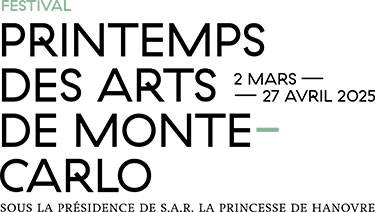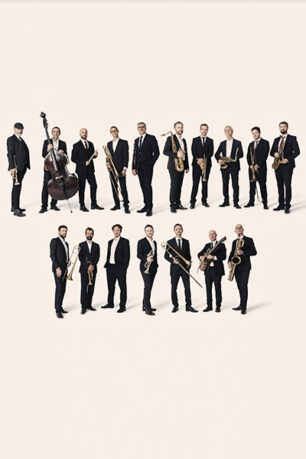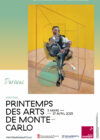October 1957. Just as the launch of the first Sputnik satellite marked the beginning of the conquest of space, and the terrible fire at the Windscale nuclear power station in Great Britain added to the growing list of disasters caused by the worldwide development of atomic energy, Count Basie and his musicians recorded an album in New York that would become a milestone in jazz history: The Atomic Mr Basie.
The provocative topicality of the title and cover (depicting the famous mushroom cloud characteristic of nuclear clouds) suggests a clear ambition: a new era had begun, and the “Count” had completed his big band’s transformation towards explosive modernity. The swing band craze, of which Basie was a member alongside Duke Ellington, Benny Goodman and their colleagues, had begun to wane by the late 1940s, to the point where the Count had disbanded his orchestra in favour of smaller formations. When he reformed a big band in 1952, Basie realised that he needed to renew his band’s sonic identity and adapt it to the new times, which were taking on the name of bebop. To this end, he called on the services of several arrangers, including Ernie Wilkins, Frank Foster, Thad Jones and, above all, Neal Hefti, the creator of the eleven tracks that make up The Atomic Mr Basie.
What’s the recipe for this new swing? Freer than in the interwar period, it allows itself interludes of lyrical contemplation and dynamic contrasts. Rather than playing section against section in call-and-response structures, the arranger’s touch found more and more ways to superimpose groups of instruments in larger harmonic ensembles. Finally, these ensembles, whose traditional function was to act as a kind of metronome for the dancers, grew weary of this constraint and demanded more careful and often lengthier listening. Extensive improvisation is then abandoned in favour of works composed from beginning to end, and solos are an integral part of the overall concept.
In the case of The Atomic Mr Basie, the gamble paid off: the album’s resounding success showed that big bands could still play an essential role in post-war music, while continuing to swing. From the outset, Basie reaffirms his origins with “The Kid From Red Bank”, his hometown in New Jersey. It was in Red Bank that his mother, a passionate pianist, gave him his first music lessons in the late 1900s. The piano, Basie’s first love before he became a big band leader and took on the title of “Count”, is thus given pride of place in this album opener: its solos alternate with surges of brass, imposing in their ebullient character, all in a frantic tempo that clearly announces the dynamite red colour of this new opus.
In the same vein, “Flight of the Foo Birds” and “Whirly-Bird”, with their ornithological vocabulary, are undoubtedly a tribute to the bebop ambassador par excellence, Charlie “Bird” Parker, who died two years before the recording of The Atomic Mr Basie. How could we not mention “Cherokee”, Parker’s cherished theme, among this whirlwind of virtuosity and speed? For this atomic programme, The Amazing Keystone Big Band chose to go beyond the mythical album to better represent it; “Cherokee” and other later themes – “Basie-Straight Ahead”, “Hay Burner” and “Magic Flea”, recorded by the Count Basie Orchestra in 1968, and “Wind Machine” from 1975 — complete the incandescent portrait of this king of swing in the nuclear age.
The programme, though, is not lacking in nostalgia and delicacy of nuance that contrasts sharply with the unbridled vigour of the tracks mentioned above. Basie is not without a certain bluesy tenderness, palpable in “Splanky”, “After Supper” and “Duet”; the new hasn’t completely replaced the old, and genius arranger Neal Hefti is careful not to. He seems to be at the height of his art in the composition of the album’s final track, the languorous and celebrated “Li’l Darlin'”, which legend says, was intended to be performed at a medium to fast tempo until Basie decided to slow it down in the extreme. The descending theme with muted trumpets brings a few stray notes back into the mood after the preceding bursts. This soft landing inspired the words sung by singer Henri Salvador in a cover simply entitled “Count Basie”:
Every morning when I step out of bed
I play this record by Count Basie
I don’t need anything more
To forget my worries
Just a li’l’record by Count Basie
While sipping my coffee
Manon Fabre



